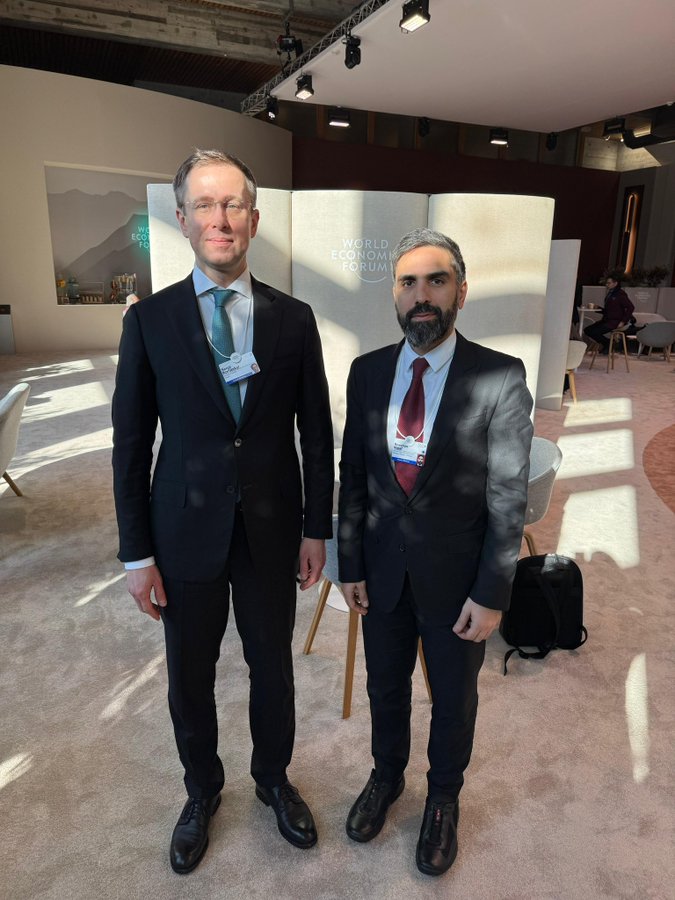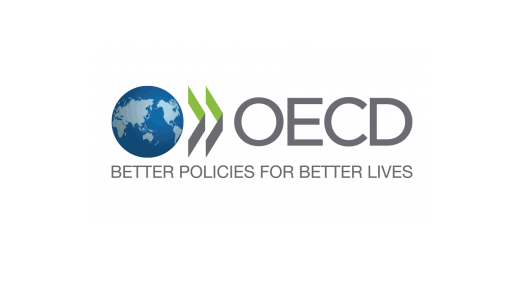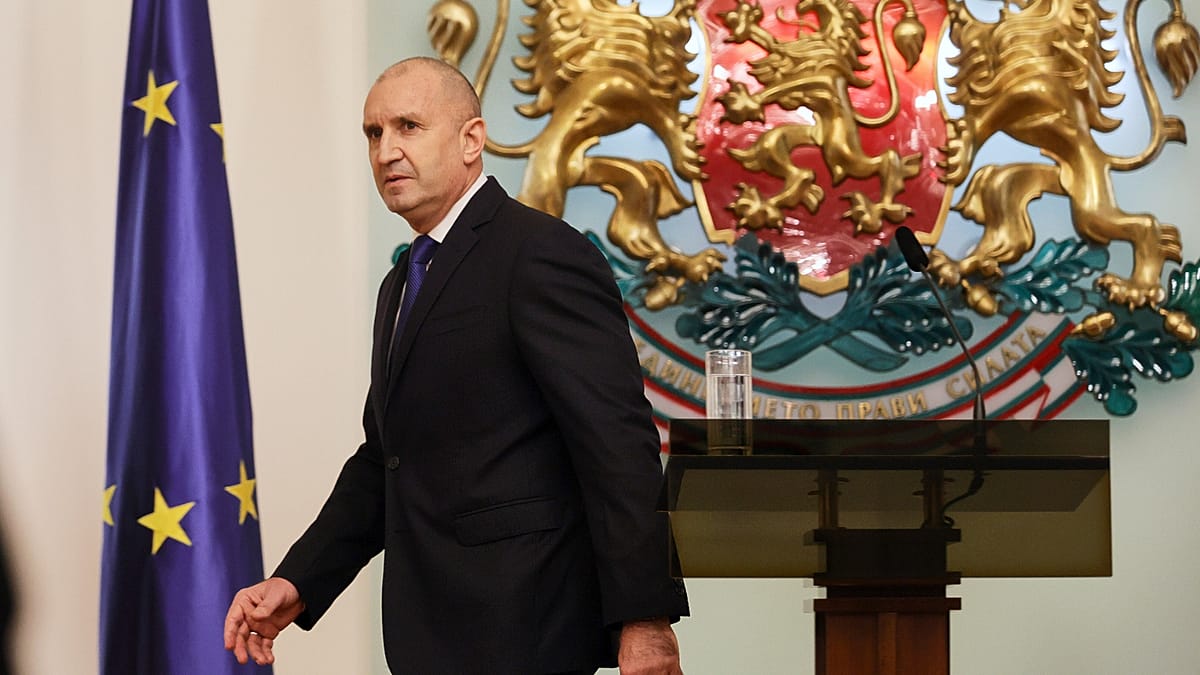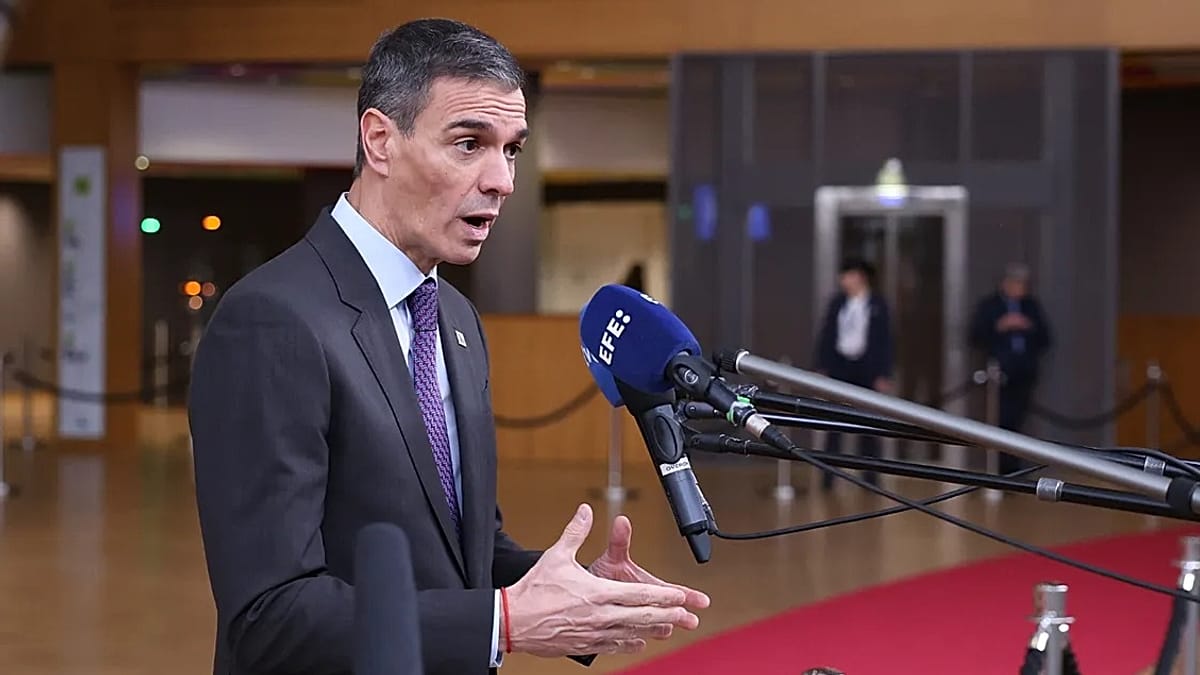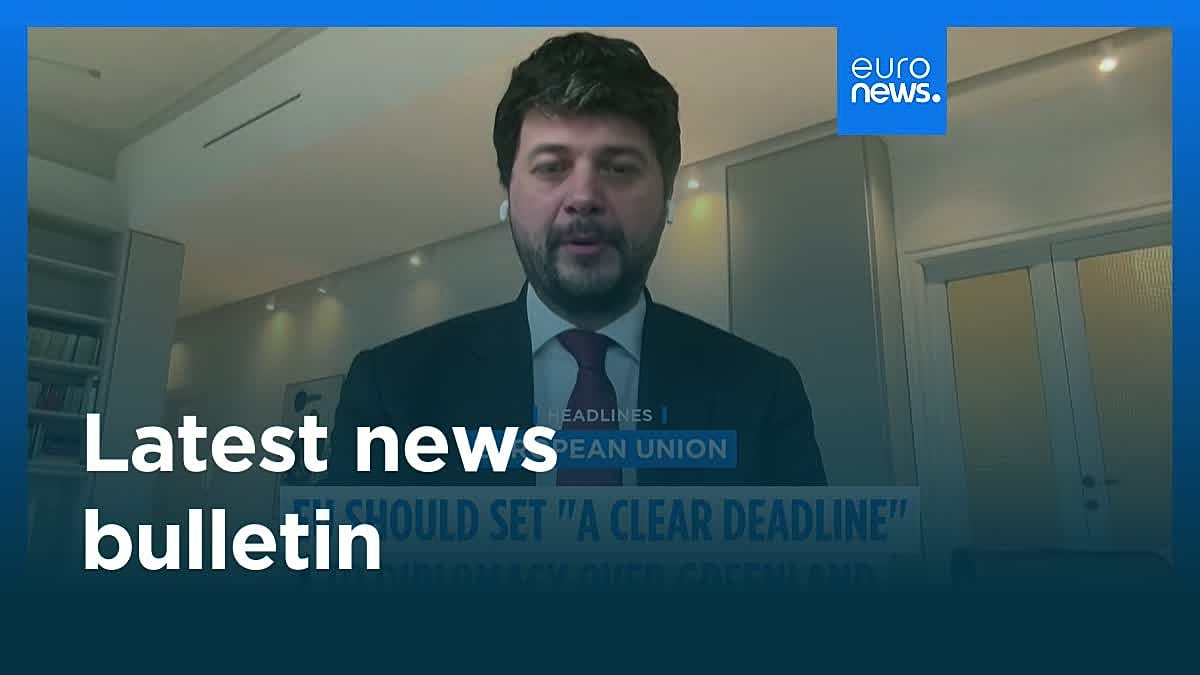The Metaverse Explained by Deloitte’s Ed Greig


 Ed Greig is the Chief Disruptor at Deloitte Digital and one of the UK’s leading experts on the metaverse. He helps organisations harness emerging technologies – from VR and AI to 3D printing – to solve complex challenges in creative and cost-effective ways. His philosophy of “falling in love with the problem, not the solution” underpins his pioneering approach.
Ed Greig is the Chief Disruptor at Deloitte Digital and one of the UK’s leading experts on the metaverse. He helps organisations harness emerging technologies – from VR and AI to 3D printing – to solve complex challenges in creative and cost-effective ways. His philosophy of “falling in love with the problem, not the solution” underpins his pioneering approach.
Passionate about technology from a young age, Ed learned to code at school and later ran his family’s artisan food website. After graduating in Politics, Philosophy and Economics from the University of Warwick, he launched a successful web design business. His entrepreneurial drive soon led him to Deloitte, where he joined in 2009.
By 2012, Ed was appointed Chief Disruptor, leading a team known for its hackathon culture and innovative problem-solving. Today, he is widely recognised as a thought leader on the metaverse and digital transformation. As a keynote speaker with The Champions Speakers Agency, Ed inspires audiences with his vision for the future of business innovation.
Q: How do you define the metaverse?
Ed Greig: “I’d define the metaverse as the internet, but more immersive. It’s the next evolution of the internet, and that’s the easiest way to think about it. I think a lot of people have been put off, or think they don’t understand it, because there’s been a lot of focus on the tech. Another of my mottos is ‘fall in love with the problem, not in love with the solution.’ There’s been a lot of falling in love with the solution in this space, but it’s simple.
The promise of the metaverse is that it doesn’t exist yet as a single entity. It is evolving, and it’s very much on a spectrum. What Antonia Foster from Unity talks about is the idea of metaverse traits.
Something can have more or fewer of these traits, such as whether it has avatars, whether it’s multi-user, whether it’s persistent, and whether it contains user-generated content or ownership. The more of those traits something has, the more metaverse-like it is.
Fortnite ticks a lot of those boxes; Animal Crossing ticks a lot of those boxes. Immersive learning can tick some of those boxes even if you’re not doing it in a multi-user environment.
That’s where we are at the moment: this spectrum. We are hopefully moving towards a version that’s more like the internet in the sense that it is part of people’s lives and established as a single thing that people think about but made up of lots of different parts.”
Q: How can businesses take advantage of recent technologies and trends while mitigating the risks associated with challenging the norm?
Ed Greig: “It’s more important than ever for businesses to find ways of keeping up with the pace of change. I talk about organisational rhythm, and that’s something you have to increase to keep pace with incredibly rapid change, which is becoming more rapid all the time.
You only need to look at the last few years and the pandemic to see how valuable adaptability is for businesses. It’s vital that they do this, and the first step is recognising how vital it is, but also that there are no right answers.
You need to figure out how to be adaptable, because no one can tell you what is going to happen next year, or in two years’ time, or in five years’ time. The only thing you can do is make yourself adaptable enough, resilient enough, to deal with that.
The way to do that is by developing a culture of experimentation. You need to figure out how to turn those experiments to scale, and what the route through the business is. The business needs to be ready to accept those doing the experiments.
That’s really important. Then you need a coherent overall vision. We talk about a tangible hypothesis: think big and then experiment. Start small, test often, and then figure out how to scale. Having the right environment to take new ideas, trends and technologies, and allowing them to deliver benefits throughout the business — those things all need to be in place for you to take advantage successfully.
Going back to my core motto, ‘fall in love with the problem, not in love with the solution,’ is key. When we talk about that vision, it must articulate the core problem your organisation is trying to solve. You must not get distracted by every shiny new solution or technology for technology’s sake, because the pace of change makes it very easy to get distracted.
Falling in love with the problem is another vital first step: recognise there is a problem, recognise you need to adapt to the pace of change, understand what your problem is, and then focus on solving it by experimenting to find the best way.”
Q: How do you predict businesses will use the metaverse in the future to better engage consumers?
Ed Greig: “The exciting thing about where we are now is that any experience you want to deliver for your customers is either possible right now, or you can put the building blocks in place to do it in the next three to five years. This is why it’s important to take a step back and think about the problem you’re trying to solve and the experience you want to create.
In the past, we were constrained by what we could do right now; we’re not constrained by that anymore. If you’re clear on the experience you want to create, and you’ve got that clear idea across your organisation, you’ll be able to start iterating towards it. It is a very exciting time.
When we talk about how organisations are going to engage consumers, they can do it in whichever way they want, through virtual reality and augmented reality. If you want customers to appear in a place, meet someone they would not otherwise meet, or go to the moon, you can do that: any experience you want to create, any emotion you want to generate.
How do people practically achieve that? Augmented reality is primarily based on mobiles right now, but Snap has the next generation of Spectacles coming out, which shows the exciting possibilities for that glasses form factor.
Then you have the new VR headsets, and the boundaries between those will be increasingly blurred. You can also see how brands are engaging people through metaverse-like experiences such as Roblox and Fortnite. There are a lot of different possibilities and ways to do it. The crucial thing is this: because there is such a range of possibilities, the need for focus is even more important than it has been before.”
Q: How can digital technologies shape a better future?
Ed Greig: “When I talk about the positive vision for the metaverse, this is what I am referring to. For me, the crucial thing for it to deliver on its potential as a positive force for good is that the metaverse needs to drive connection between people and with our planet. Initially, people were talking about virtual reality, particularly, as a very isolating experience.
It is important to make clear again that the metaverse is not just about virtual reality. The exciting thing is there are more and more multi-user experiences. It is allowing people to connect who otherwise would not be able to and potentially putting people in someone else’s shoes in a way they might not otherwise experience.
In terms of connecting with the planet, virtual reality has the power to tell very effective immersive stories about where we are and to highlight the problems that we face. One thing we have been collaborating on recently is the LGBTQ+ VR Museum.
When we talk about connecting with people, the museum is a great example because it allowed you to connect with the stories of members of the queer community through objects that were really important to them.
That sort of connection fostered something that was not possible, because getting funding for that type of museum and a physical space just was not practical. It was Antonia Foster who was the brains behind it; she was able to create it in a virtual space.
It is those types of initiatives that really help drive connection between people. Those are the things that will drive this idea of the metaverse being a force for good.”
This exclusive interview with Ed Greig was conducted by Mark Matthews, Senior Keynote Speaker & Entertainment Manager at The Champions Speakers Agency.
The post The Metaverse Explained by Deloitte’s Ed Greig appeared first on European Business & Finance Magazine.



